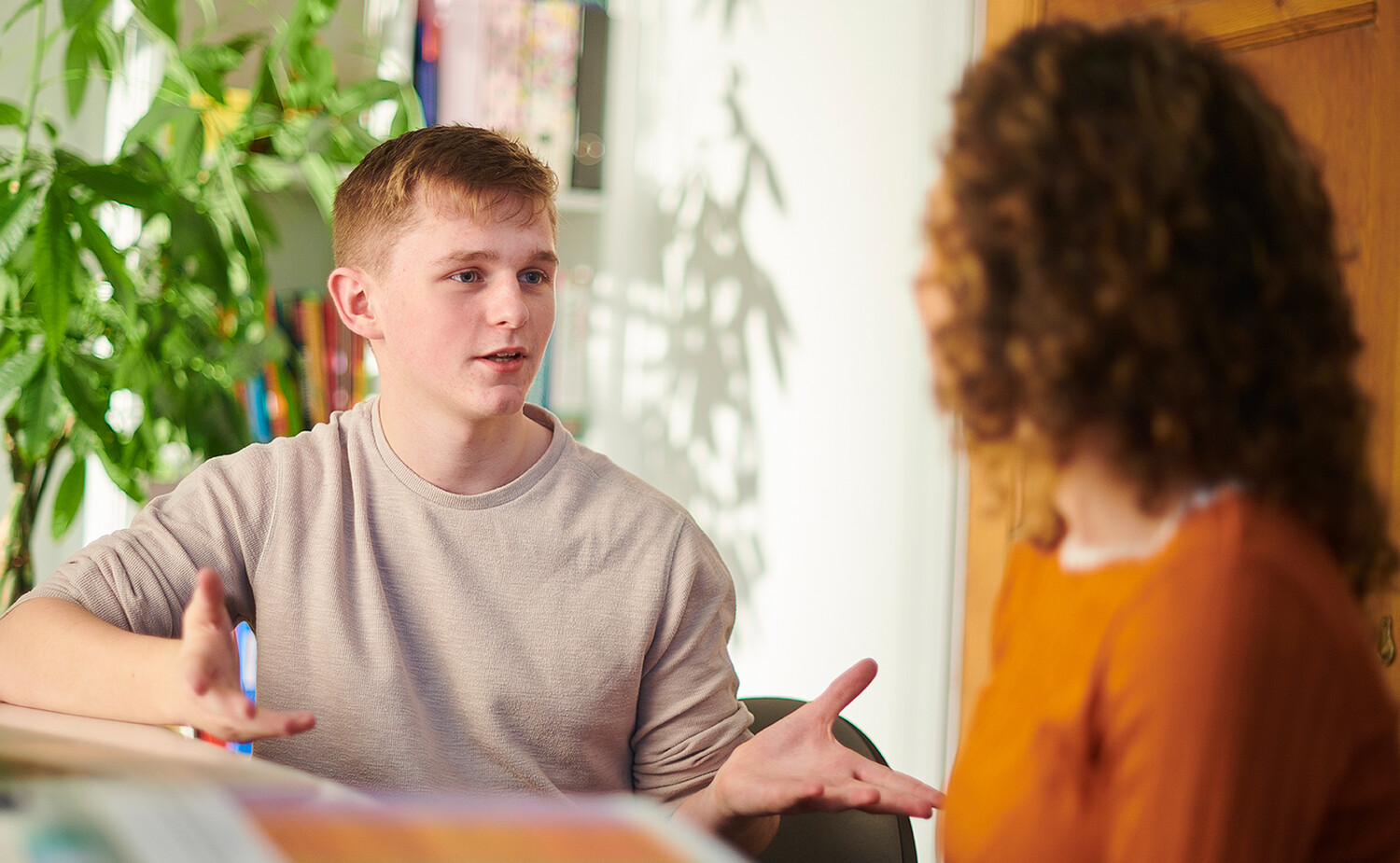“I didn’t pass that test. I’m so dumb.”
“I didn’t make the team. I’m not good at anything.”
“This photo looks bad. I am so ugly.”
These aren't just fleeting thoughts—they're powerful, personal narratives that many students silently repeat to themselves when faced with failures. Too often, they allow a single mistake or setback to spiral into harsh self-criticism, revealing a resilience deficiency.
As educators, we all want to help our students bounce back from disappointments (without ignoring or sugarcoating failure) and teach them to respond with strength, flexibility, and self-compassion. The following strategies can help students reframe their self-talk, rebuild their confidence, and recognize that one bad moment doesn’t define them.
- Give students examples of people who have faced and successfully dealt with adversity. These can be accounts from your own life as well as some from history. Real-life stories of others who have grown from challenges will inspire them as they encounter difficulties.
- Equip students with problem-solving skills. Instead of providing immediate answers, encourage them to brainstorm potential solutions. Students will gain confidence as they learn to solve problems on their own.
- Encourage students to view challenges as opportunities to grow. Ask “What can we learn from this challenge?” Changing the dialogue from what went wrong to how they can improve will point them toward resilience.
- Develop emotional self-awareness in your students. Ask questions such as “How does that make you feel? What are you experiencing right now?” Examining their feelings will allow them to identify and better manage their emotions when issues arise.
- Allow for breaks and unstructured time during the day. When students begin to feel overwhelmed, provide downtime. This allows them to see that they can step away from stressors and get a fresh perspective to implement when they return.
- Help students build strong relationships. Healthy relationships are crucial when navigating challenges. We can support our students by fostering positive peer connections, providing adult mentorship and positive role models, and modeling healthy relationships in our own lives.
- Praise students’ progress and hard work rather than their innate talents. Instead of saying “You are so smart,” try “ I am proud of how much effort you put into that” or “I like the way you handled that situation.” Focusing on specific actions will help them view themselves more positively.
- Include humor every day. Tell jokes and help students see the humorous side of mistakes and problems. Humor can serve as a coping strategy as well as provide them with an emotional outlet.
- Teach positive self-talk. Use phrases like “I can do this” and “I am capable.” When repeated often, they will remind students to adopt positive perspectives when challenges arise.
- Journal at the end of the school day. Have students write down one or more positive experiences from the day. This practice helps them reflect on the positive, uplifting aspects of their lives.
Let’s help our students understand that mistakes and setbacks don’t have to define them. Instead, they can become stepping stones to something greater. And perhaps most importantly, they can begin to see themselves the way God sees them—as strong, courageous, and capable overcomers created in His image.
“I didn’t pass that test. I can work on my weaker areas and be successful next time.”
“I didn’t make the team. I will practice more and look for other outlets where I can share my talents.”
“That photo looks bad. What a silly picture. I am going to try that again!”
TRUE IDENTITY
We are all vulnerable to believing lies about ourselves—and the spiritual impact of erroneous beliefs about identity is devastating! Christian educators can use these 10 strategies to guide students away from speaking or believing lies about themselves and toward the truth, praying faithfully that this will ultimately help them understand their true identities in Christ.
Anne Davidson Kusmer is a former high school English teacher and guidance counselor who currently tutors for college entrance exams and coaches writing. Married to Jim for 30 years, she recently became an empty nester, spending much of her time with her rescue dog, Monty.
